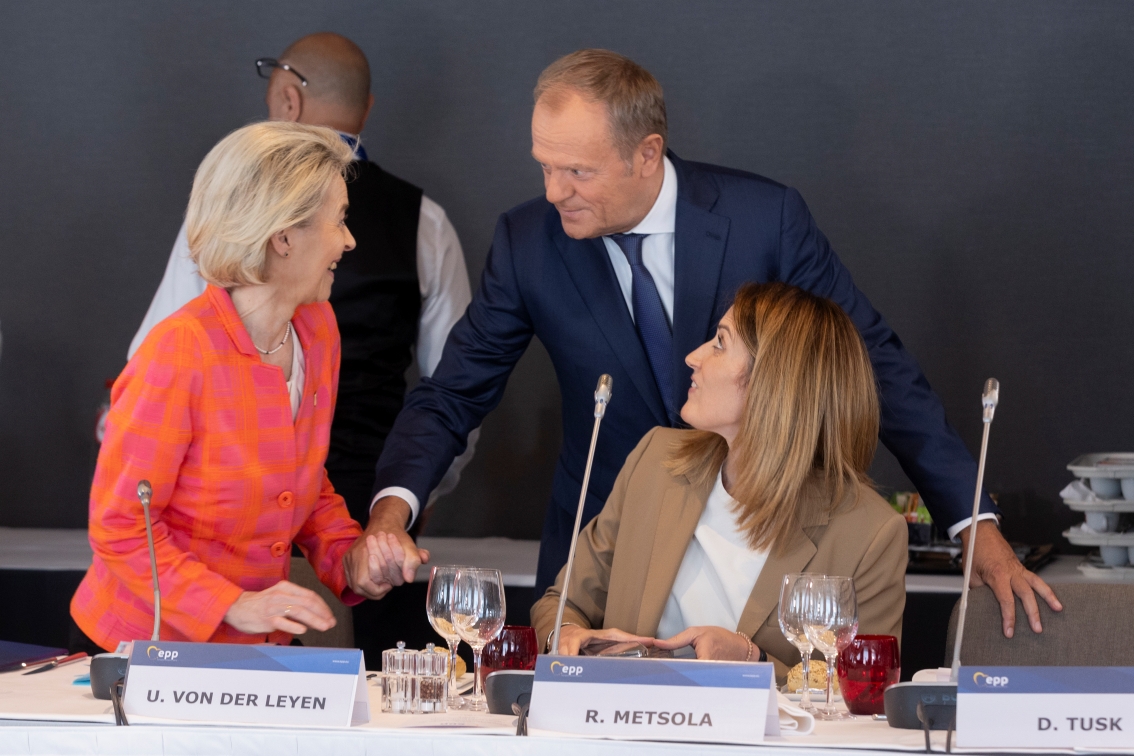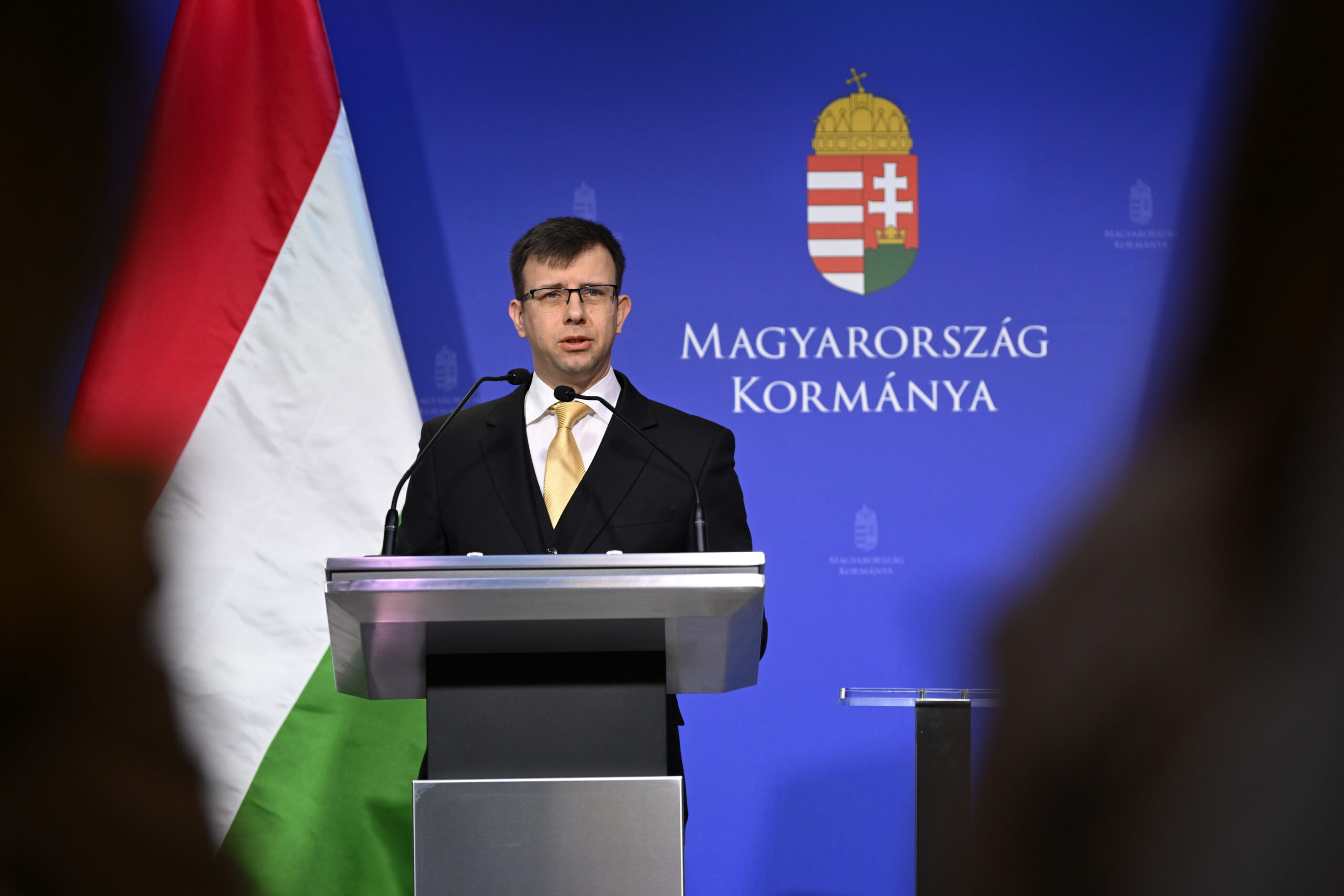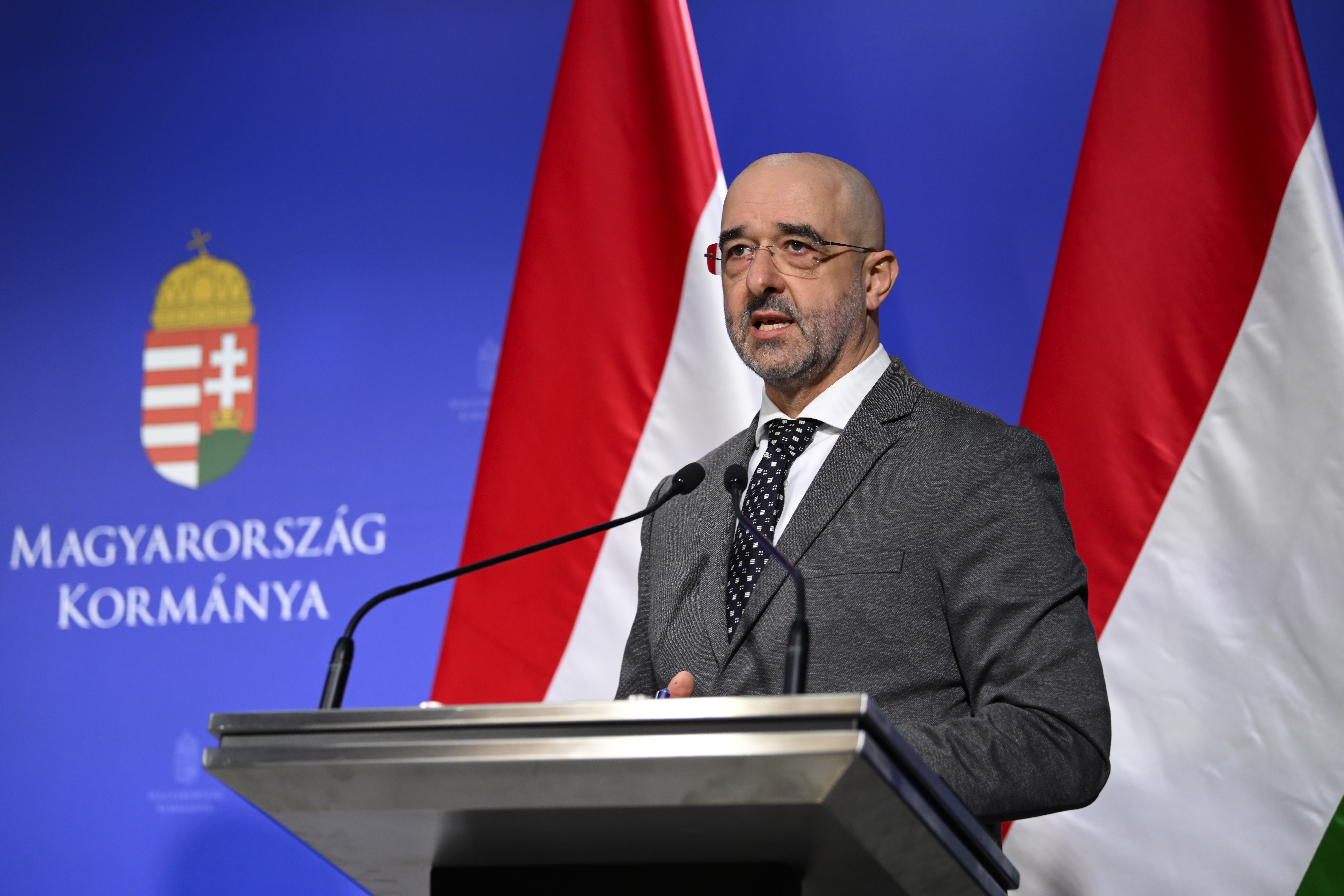
Donald Tusk's left-wing government had been accused of trampling on political rights and free speech.Continue reading

The Hungarian EU Presidency has worked through multiple crises within a transitional institutional period, in the face of serious political headwinds and institutional obstruction incompatible with loyal cooperation. Despite this – or perhaps because of it – it has managed to bring historic decisions to a successful conclusion, the Minister for European Union Affairs emphasized at a press conference on the Hungarian Presidency of the Council of the European Union in the second half of 2024, in Budapest on Tuesday.
János Bóka described the decisions made during the Hungarian presidency as historic, including the full Schengen membership of Romania and Bulgaria from January 1. This marked the end of a more than ten-year process, which is of significance not only from a European, but also from a Hungarian perspective in terms of national policy, he stressed. The minister also highlighted the Budapest Declaration, which aims to strengthen the competitiveness of the EU, adopted by the unanimous decision of the EU heads of state and government.
Among the events, Bóka highlighted the “twin summit” organized in Budapest on November 7-8, where the European Political Community summit and the informal European Council meeting were held. Under the Hungarian Presidency, 39 formal meetings were held in Brussels and Luxembourg and 14 informal ministerial meetings were organized in Budapest, including the first meeting of demography ministers.
The minister also stressed that
under the Hungarian presidency, historic decisions were taken on EU enlargement, particularly in the Western Balkans, where a process that had been completely frozen for two and a half years was relaunched.
In addition, the Hungarian presidency successfully managed the institutional transition, with all new EU institutions and leaders taking up their functions on December 1. In conclusion, the Hungarian presidency has never stepped out of its role as a fair broker, but Hungary has nevertheless led a highly political presidency based on a strong EU policy and vision, Bóka emphasized.
At the press conference, Zoltán Kovács, international spokesperson and the government commissioner responsible for preparing and implementing the operational tasks of the Hungarian presidency, was also present. He said that the Hungarian administration had done an excellent job in carrying out the tasks related to the Hungarian presidency. As he put it, “professional, world-class work was done” by all those involved in the organization, logistics, security, and communication of the presidency events.

Zoltán Kovács. Photo: MTI/Purger Tamás
Kovács also reported that well over 20,000 visits had been made to Hungary in connection with the presidency’s programs, which had a positive impact on the Hungarian economy and tourism. He also praised the participation of police officers, the staff of the Counter-Terrorism Center, disaster relief workers, and ambulances.
The politician also pointed out that
the Hungarian presidency had been characterized by disciplined and tight financial management, which had allowed it to stay within the HUF 37.2 billion (EUR 90.2 million) budget.
Replying to questions at the press conference, Bóka touched on the topic of Hungarian-Polish relations. As Hungary Today reported earlier, when Poland took over the EU Presidency on January 1, they held an opening ceremony at which the Hungarian ambassador to Warsaw was “not welcome” due to the political asylum granted to former Polish Deputy Justice Minister Marcin Romanowski in Hungary.
The minister said that in general, this should not burden any relationship.
Granting political asylum is a legal process, all steps of which have been respected by the competent Hungarian authorities, he said, adding that Poland had issued a European arrest warrant for Marcin Romanowski, the execution of which would be decided by an independent Hungarian court.
He also recalled that when a government decides whether to grant political asylum, it does not take a position on guilt or innocence, but on whether the procedural concerns are well-founded. In his assessment, these concerns are clearly not unfounded, but this incident should not have an impact on the activities of the Polish EU Presidency. Asked why Marcin Romanowski was granted asylum in Hungary, Bóka said it was because he had applied for it here.
Via MTI, Featured photo via MTI/Purger Tamás